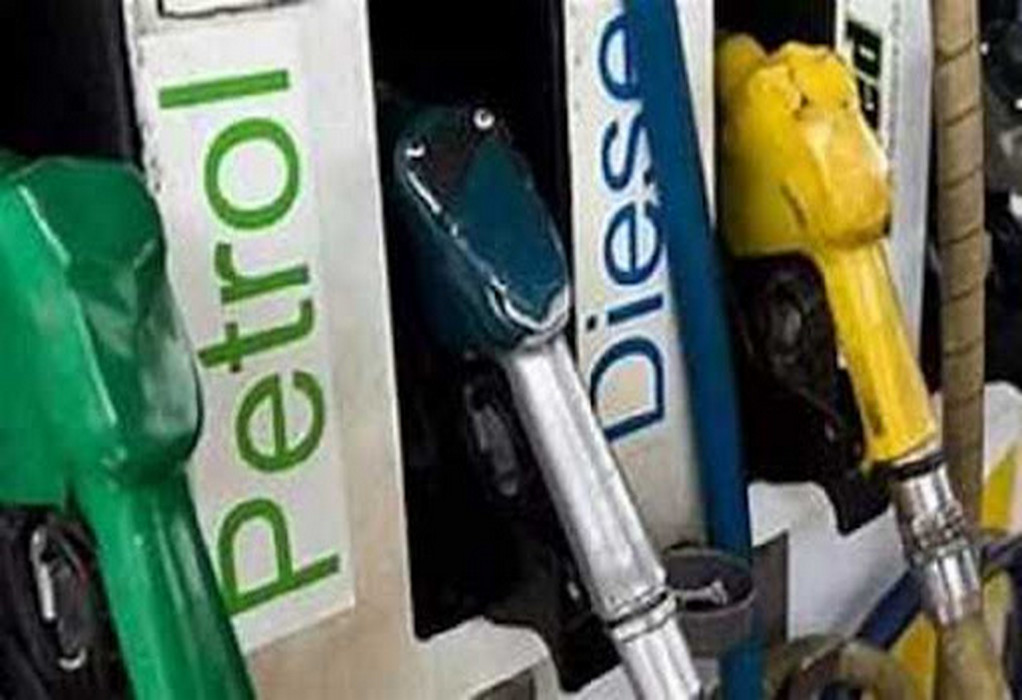The government is planning to draw up an energy transition roadmap for the oil and gas sector that could prove to be a key step on India’s path to net-zero emissions by 2070. The oil ministry has set up the Energy Transition Advisory Committee headed by former petroleum secretary Tarun Kapoor, who demitted office in November, to draft the strategy.
The panel will include representatives of all public-sector oil and gas companies and will reach out to other stakeholders in the sector. The committee has until the middle of 2022 to recommend a roadmap for the sector’s transition.
“Oil companies are already preparing their respective plans to increase clean energy portfolio and set net-zero targets, and these efforts will get captured by the committee’s broader energy transition plan for the sector,” said Kapoor.
As part of its efforts, the committee will review and take into consideration existing initiatives while developing an action plan.
The oil and gas sector is a key player in energy transition and meeting the net-zero target. The International Energy Agency’s outlook for India, published in February, found that its current policies would see a huge expansion in the transport sector. An extra 25 million trucks are expected on the road by 2040 and more than 300 million vehicles will be added to India’s fleet by that time.
Unless there is a dramatic shift toward e-vehicles, the projections suggest that India’s fossil fuel import bill will triple over the next two decades. Oil will be the largest component, driving India’s import dependency to 90% from the current level of 75%, according to the IEA analysis. Industry and transport are likely to emerge as critical sectors as far as greenhouse gas emissions growth is concerned.
In this context, the Energy Transition Advisory Committee that Kapoor will head takes on added importance. Besides working on harmonised transition plans for the oil companies, the committee has been tasked with preparing plans for alternatives to hydrocarbons.
The committee will focus on scaling up infrastructure for biofuels that is based on a sustainable biomass supply chain. This is critical, particularly for the transition away from fossil fuels in the transport sector.
Transition planning will require oil companies to draw up a road map for their downstream operations as well. This is expected to feature in the committee’s road map recommendations as well. In this context, Indian Oil, Bharat Petroleum and Hindustan Petroleum have announced plans to set up a combined 22,000 EV charging stations, nearly a third of their total retail network, in a bid to offset any loss from the shift to electric mobility in the future.
Green hydrogen, which has been identified as a priority, will be a focus area for the committee. Prime Minister Narendra Modi had announced a national green hydrogen mission in his Independence Day speech. The committee will focus on value chain development for green hydrogen infrastructure.
Source: Economic Times
Tags: Energy Transition, India, OMCs



Recent Posts
Hyundai Glovis to Retrofit Seven PCTCs with Avikus AI Navigation System
Super Terminais orders three more Konecranes Gottwald ESP.10 Mobile Harbor cranes
Covestro and HGK Shipping Extend Partnership to 2040 with Focus on Wind-Assisted Vessel Retrofit
Artemis Technologies Successfully Demonstrates 100 Percent Electric Crew Transfer Vessel at Aberdeen Offshore Wind Farm
IACS Council Advances Decarbonisation, Digitalisation and Governance Priorities at C91 Meeting in Beijing
Japan Launches Major R&D Project to Advance Shipbuilding with Alternative Fuels
EU Adopts Emissions Standards for Low Carbon Hydrogen to Bolster Clean Energy Market
Trafigura to Implement ZeroNorth’s AI Platform Across Global Fleet